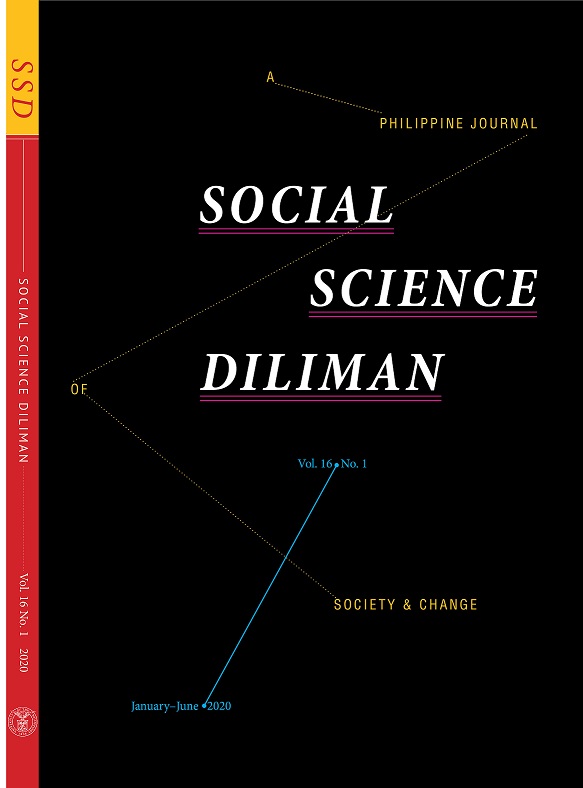Flight and freedom: Chinese fugitives and the Spanish colonial state in the nineteenth-century Philippines
Abstract
This paper examines the lives and circumstances of Chinese fugitives who were arrested and imprisoned for violating certain policies related to registration, taxation, and migration in the nineteenth-century Philippines. Using previously unutilized archival source materials, this work explores the dynamic interactions between these outlaws and the Spanish colonial state set against the evolving colonial bureaucratic apparatus of the period as well as the increasing number and physical mobility of the Chinese within the islands. On the one hand, the paper probes the government’s view on flight and its punitive actions against fugitives, the factors within the state apparatus that enabled escapes to occur, and the actors and processes involved in capturing runaways. On the other hand, it deals with the fugitives themselves by describing and analyzing their profiles, motivations and the subtle means they used, the geo-spatial factors, and the socioeconomic networks within and beyond the Chinese community, which the authorities suspected to have aided their escape. An investigation into these themes highlights how Chinese offenders responded to the government’s various forms of social control by fleeing from the authorities. This work argues that whilst the state considered fugitives as economic saboteurs, the fugitives themselves employed flight as a necessary and pragmatic means to evade the state’s restrictive and exploitative policies
Published
2021-07-27
How to Cite
GALANG, Jely A..
Flight and freedom: Chinese fugitives and the Spanish colonial state in the nineteenth-century Philippines.
Social Science Diliman: A Philippine Journal of Society and Change, [S.l.], v. 16, n. 1, july 2021.
ISSN 2012-0796.
Available at: <https://www.journals.upd.edu.ph/index.php/socialsciencediliman/article/view/7849>. Date accessed: 06 sep. 2025.
Issue
Section
Articles
Keywords
Chinese, fugitives, flight, criminality, Philippine history


